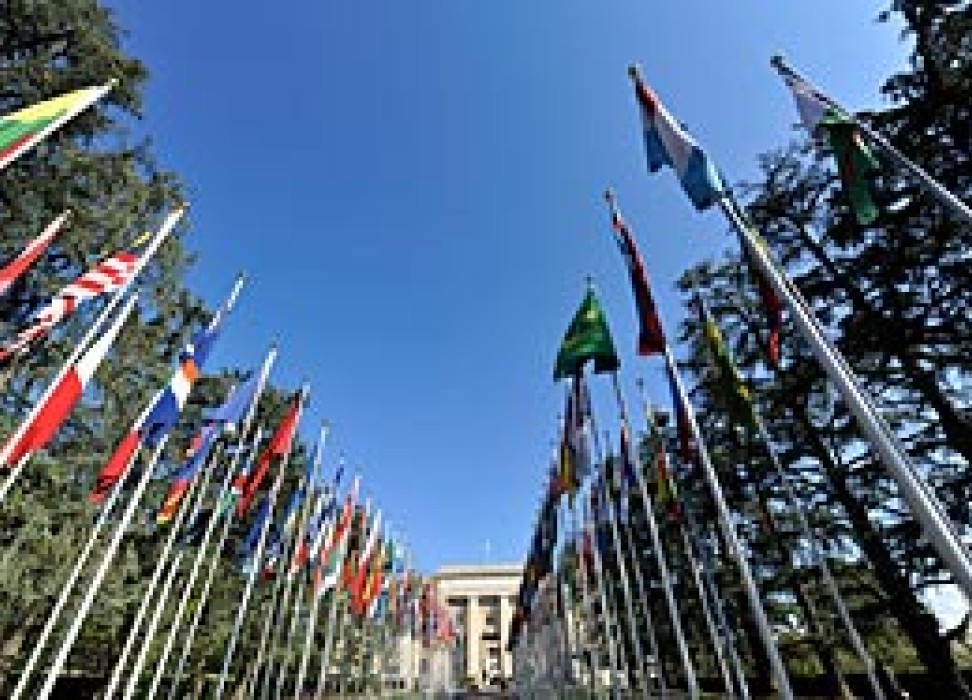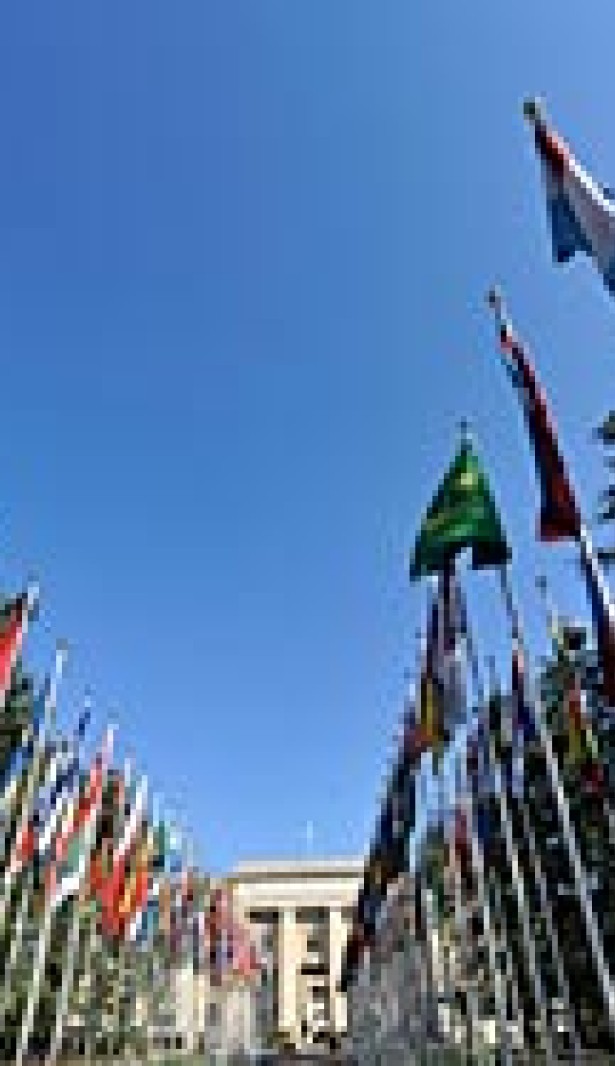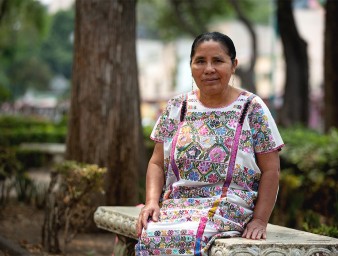Striking a balance between freedom of expression and the prohibition of incitement to hatred
23 October 2012

Speaking at a gathering of international experts, in Rabat, Morocco, on freedom of expression and prohibition of incitement to national, racial or religious hatred, the Deputy High Commissioner for Human Rights, Kyung-wha Kang described an increasingly globalized world where the inequalities and fault-lines have deepened and the challenges intensified.
A number of recent incidents, Kang said, have sounded “alarm bells about the level of hatred and cynicism that has permeated the minds of thoughtless or extremist elements in societies.”
“Over and above religious issues, the challenge of advocacy of hatred runs deeper and wider. It is clear that hatred has many faces and we have seen them in all parts of the world”, she said.
“Against this background,” Kang said, “the fine line between freedom of expression and hate speech has come increasingly under focus.”
The Rabat meeting was the culmination of four regional events, held over the past year, in Vienna, Austria; in Nairobi, Kenya; in Bangkok, Thailand; and Santiago, Chile. Organized by the UN Human Rights Office, the experts examined what constitutes “incitement” to discrimination, hostility or violence based on national, racial or religious grounds as described in international human rights law. They considered how to adequately prevent and address this problem while at the same time ensuring protection of freedom of expression.
“In response to [today’s] challenges, many governments have reinforced existing laws and introduced new punitive measures,” the Deputy said. She observed that the workshops have surveyed national policies and legislation in many different places and have “found various examples of insufficient legislation, or new, vague and unclear provisions open to misuse.”
“Any action in response to incitement to hatred must not be applied in a normative vacuum or muddle,” Kang said. “Measures to provide protection against abuse, excessive state intervention, loose interpretation and selective application of the norms need to be implemented in accordance with international human rights standards,” she said.
The Plan of Action adopted by the experts contains a number of recommendations and conclusions – in legislation, judicial infrastructure, and policy – aiming to better guide all stakeholders in implementing the international prohibition of incitement to national, racial or religious hatred.
They suggested establishing precise criteria defining limitations on freedom of expression and for defining incitement. The experts noted that there is often a very low recourse to judicial and quasi-judicial mechanisms in alleged cases of incitement to hatred.
A “vital component” is an independent judiciary, Kang said. Adjudicating cases related to incitement to hatred “should never be left for an angry crowd to judge.”
The Deputy High Commissioner said restrictions to freedom of speech must be formulated “in a way that makes clear that its sole purpose is to protect individuals holding specific beliefs or opinions, whether of a religious or other nature, from hostility, discrimination, or violence, rather than to protect belief systems, religions, or institutions as such from criticism.”
The experts have concurred too, that “the right to freedom of religion or belief, as enshrined in relevant international legal standards, does not include the right to have a religion or a belief that is free from criticism or ridicule.”
Blasphemy laws should be repealed, they agreed, because “at the national level, [such] laws can prove counter-productive, since they may result in the de factor censure of all inter-religious and intra-religious criticism, dialogues and debates, most of which could be constructive, healthy and needed.”
In her speech, Kang rejected the notion that freedom of expression and freedom of religion can be “contradictory”. “I wish to clearly state,” she said, “that instead, they are mutually dependent and reinforcing. Freedom of religion cannot exist if freedom of expression is not respected.”
Adama Dieng, the UN Secretary-General’s Special Adviser for the Prevention of Genocide welcomed the consensus reached on the need for a “robust and high” threshold to distinguish between less dangerous speech and incitement.
Dieng also noted that agreement had been reached on the limits of legislation, especially of criminal law, to combat hate speech and incitement. What is needed now, he said, is a ‘multilayered approach” which promotes human rights and tolerance, encourages dialogue and understanding among different groups and builds the capacity of national authorities, security officials and journalists creating “an environment conducive to preventing acts of incitement to hatred.”
This view was shared by the experts who highlighted that “while a legal response is of key importance, legislation was only part of a larger toolbox to respond to the challenges of hate speech” and they made a number of recommendations for policies to be implemented by various stakeholders.
“All religions, prophets and followers in the course of history have faced criticism, insults and denigration, but that’s no justification for violence,” Kang said. “Political and religious leaders in particular, should speak out firmly in the face of ignorance and bigotry,” she said.
Expert international human rights monitoring bodies, in particular the Committee on the Elimination of Racial Discrimination and the Human Rights Committee and the individual experts appointed by the Human Rights Council, play a crucial role in guiding States to implement provisions of human rights law on incitement to hatred. The Human Rights Council has also taken decisive action, adopting, in March 2011, a consensus resolution (Res 16/18) that provides a comprehensive road map for a coordinated national and international effort against incitement to religious hatred.

VIEW THIS PAGE IN:



